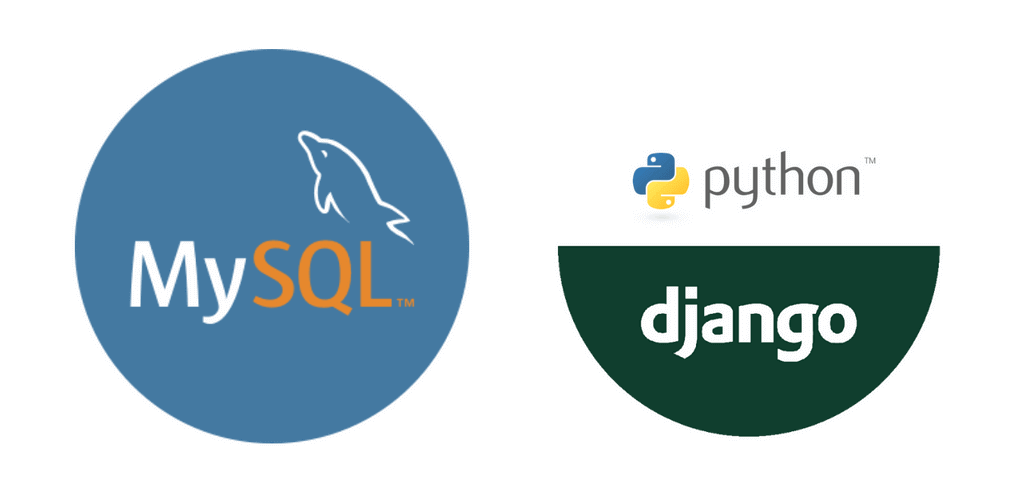Swipe left or right to navigate to next or previous post
How to add unicode support in mysql and django
29 Mar 2022
. category:
Django
.
Comments
#Django
#MySQL

This blog post is about how to add unicode support in Django in MySQL database.
Create a database
To support the unicode, we need to create the database that support the unicode. For this, create a database with following command in MySQL commandline
create database my_db_name character set utf8mb4;
Update database setting
Since, the blog focused on the mysql, the engine value is obvious. Add the additional settings on options for unicode support. The database setting is usually set on .env file on the root folder of the project or it could be on the settings.py file
DATABASES = {
'default': {
'ENGINE': 'django.db.backends.mysql',
...
'OPTIONS': {
'charset': 'utf8mb4',
'use_unicode': True, },
},
}
Update the mysql configuration file
Open the my.cnf file located in /etc/mysql/ folder
sudo nano /etc/mysql/my.cnf
Update the configuration details as below:
[client]
default-character-set = utf8mb4
[mysql]
default-character-set = utf8mb4
[mysqld]
character-set-client-handshake = FALSE
character-set-server = utf8mb4
collation-server = utf8mb4_unicode_ci
Changes on Existing database
There are chances that you want to set the unicode support for existing database. You can update the mysql database setting by running the following code in mysql command line tool.
To run the command, first login to the command line tool by using:
mysql -u mysql_user -p
Enter password and hit enter. After successful login, run the following command
ALTER DATABASE my_db_name CHARACTER SET = utf8mb4 COLLATE utf8mb4_unicode_ci;
